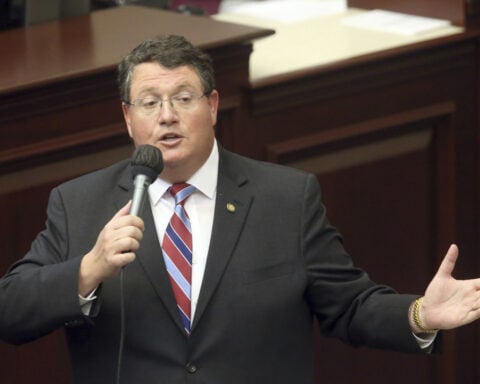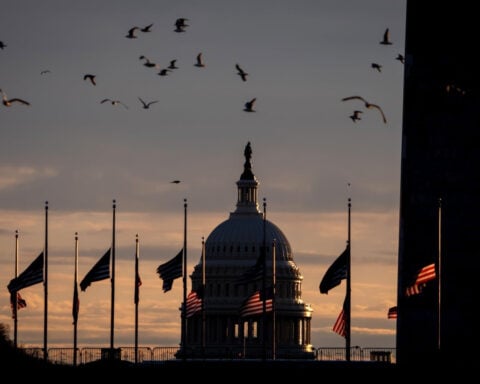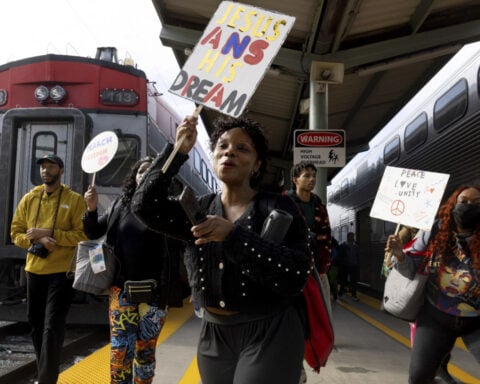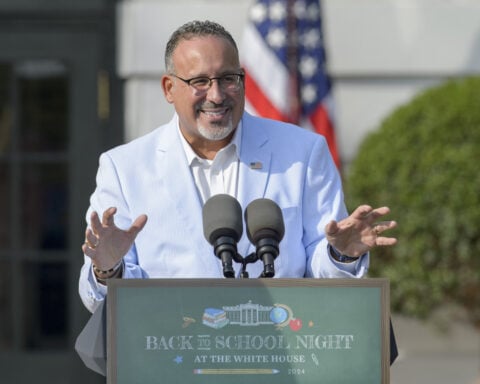Facing persistent teacher shortages, Texas in 2001 reduced its student teaching requirements for alternative licensure programs. Our study found that these reduced teacher licensure requirements also led to reduced wages for all new elementary school teachers over the next 20 years.
Previously, a new teacher license was obtained through university training and a series of standardized tests. The license signaled that an individual had undergone a specific kind of training and therefore that person’s skills were valued at a certain level by employers. Research has found that licensed professions typically restrict the number of new entrants, which maintains higher wages for their members and provides incentives for continual professional development.
When Texas reduced its requirements for new teachers in 2001, it helped launch a host of new alternative teacher training programs offered by providers including online companies, for-profit colleges, universities and public school systems. Therefore, candidates seeking teacher licensure could do so faster and more easily than through traditional, university-based pathways. A decade later, 161 separate programs were licensing teachers – nearly twice as many as the 88 programs that did so in 2000. By 2007, more than half of the state’s new teachers – 14,595 – were licensed through alternative pathways rather than traditional pathways.
In education, the theory holds that when teachers are required to take licensure exams, and barriers to entry are raised, it results in fewer new teachers and higher wages. Our study found that when teacher licenses were less rigorous and easier to obtain, it resulted in more new teachers, but also lower wages for those teachers. Our study was published in AERA Open, a publication of the American Educational Research Association.
Our study examines the base pay – adjusted for inflation – from 2000-2015 for 786,724 new teachers in approximately 1,282 districts in Texas. We found that controlling for changes in district demographics over time, after licensure requirements were relaxed, the average pay for new teachers declined annually by 2% to 13%.
Why it matters
Texas has had persistent teacher shortages despite the 2001 policy change, which was designed to fill open positions. The official state list of teacher shortage areas in Texas – mathematics, science, special education – did not change from 1990 to 2018.
This indicates that the policy that lowered requirements for alternatively certified teachers did not successfully address those teacher shortages. Texas has begun to restore some requirements to get into the teaching profession, such as higher GPAs and passing scores on teacher licensure exams. However, the state remains focused on producing new teachers rather than retaining the existing ones in an effort to staff schools.
What’s next
As the U.S. struggles nationwide to fill vacant teaching positions – not just in elementary school but throughout K-12 systems – our study invites states to examine whether expanding licensure programs as a singular strategy is an effective strategy to fill teacher shortages.
Policies that aim to increase the supply of teachers may have the unintended consequence of lowering teacher pay. This may perpetuate cycles of teacher shortages and turnover. Rapidly expanding the supply of new teachers may devalue each license and lower wages.
Districts may, in turn, be trapped into successive rounds of hiring teacher replacements and offering lower salaries. The focus on producing more teachers quickly and cheaply, rather than retaining those in the field, may result in outcomes that are detrimental to the profession’s health.
The Research Brief is a short take on interesting academic work.
Sarah Guthery works for the University of Oklahoma and her work has been previously supported by Texas A&M University- Commerce.
Lauren P. Bailes works for the University of Delaware, which has funded some of her research. She has also received funding from the Spencer Foundation.
Source: The Conversation

 Germany's economy shrank for the second consecutive year in 2024
Germany's economy shrank for the second consecutive year in 2024
 Italy, Albania, UAE sign deal for energy subsea interconnection
Italy, Albania, UAE sign deal for energy subsea interconnection
 European shares advance as bond yields ease; soft inflation powers UK stocks
European shares advance as bond yields ease; soft inflation powers UK stocks
 Bayern Munich signs US youngster Bajung Darboe from LAFC
Bayern Munich signs US youngster Bajung Darboe from LAFC
 Novak Djokovic breaks a tie with Roger Federer for the most Grand Slam matches in tennis history
Novak Djokovic breaks a tie with Roger Federer for the most Grand Slam matches in tennis history
 China's RedNote: what you need to know about the app TikTok users are flocking to
China's RedNote: what you need to know about the app TikTok users are flocking to
 New research found that a 2001 Texas policy has reduced teachers
New research found that a 2001 Texas policy has reduced teachers







